
way." It was all bullshit, every syllable of it He had unquestionably seen something new taking shapebefore the girl broke in on
him, but whatever it might have been was impossible for him to fathom, now.
McCarthy was staring thoughtfully at the computer visor.
He said, "It'll be a fucking miracle if the damned thing just goes away, won't it?"
"Won't it be, though. But look, Ross—" Carpenter rarely presumed to use McCarthy's first name. "Look here, here, here. And
especially here. I know it looks locked tight as a constipated whale's gut right this moment, but when I was clicked into the map a
little while ago I could distinctly feel the whole flow shifting, shifting in our favor; definite indications of gradient transform all
along the periphery. Look at this. And this."
"Mmm." McCarthy nodded. "Yes. Mmm." He was faking it, Carpenter knew. On Level Ten you didn't need technical ability
except of the most superficial kind; you needed managerial skill. Which perhaps McCarthy might have had, once.
"You see?" Carpenter said. "I was flying on intuition, sure. But the substantiating data's already beginning to turn up positive.
That toxic mass is as good as out of here. You see that, don't you, Ross?"
McCarthy was still nodding.
"Right. I like it. Right, right, right." And then, abruptly: "Listen, Paul, turn down this transfer, won't you? Stay here with us. We
need your kind of mind."
Carpenter had never heard McCarthy plead before. But the pleasure he drew from it was followed immediately by a desolate
feeling of contempt.
"I can't, Ross. I've got to move along. Surely you understand that."
"But skipper of an iceberg ship—"
"Whatever. I take what I can get." Carpenter felt dizzy, suddenly. His eyeballs were aching. "Hey, Ross, is it okay if I go
home, now? I'm dead on my feet and not worth a damn any more here today. And the crisis is over. I swear to you, it's over. Let
me go, okay?"
"Yeah," McCarthy said, absently. "Go on home, if you need to. But if things turn back the wrong way, we'll have to call you
back in, no matter what."
"They won't turn back, believe me. Believe me."
"And come in tomorrow. We've got to start setting things up for your replacement. Whoever that is."
"Right. Sure."
Carpenter staggered out of the building, masking up in the vestibule, carefully fastening his face-lung in place to shield his throat
and respiratory system from the customary ambient atmospheric garbage. The sky was green and black with broad sickening
stripes of dismal crud surrounding the great ugly staring eye of the sun, and the air, hot and moist, clung to the streets like a heavy
furry blanket. Even through the mask, Carpenter could feel the pungent atmosphere tickling his nostrils like a fine wire probing
upward. He was relieved to see a bubble-bus pull up almost immediately. Quickly Carpenter jumped aboard, shouldering in hard
among the other masked figures to make a place for himself, and in ten minutes he was back in his hotel room.
He tossed his face-lung aside and threw himself down fully clothed on his bed, too wound up to go to sleep.
Some world out there, he thought. A kitchen sink full of ecological disasters falling on us for a hundred years, falling and falling
and falling. Eutrophication. Red tide. Spontaneous diebacks. Outbursts of mutagenesis, just as spontaneous. Drowned coastlines.
Mysterious whirlwinds and thermal upheavals. Fermenting acres of dead vegetation, killed by heatstroke and pickling now under
the merciless sun. Insect hordes on the march across whole continents, gobbling everything in their way, leaving great scars
across the land as the mark of their passage. A host of random environmental effects popping out all over the globe, effects
whose causes were not immediately apparent any more, were in fact essentially discontinuities. The underlying damage had been
well and thoroughly done a long time ago. The seeds of a continuing and constantly exfoliating disaster had been planted. And
now the crop was coming up everywhere.
It was worst in the middle latitudes, the temperate zone, once so fertile. Rain almost never fell at all there now. The dying
forests, the new grasslands taking over, deserts where even the grass couldn't make it, the polar ice packs crumbling, the
washed-out bright white hazy sky striped with the gaudy stains of the greenhouse pollutants, the lowlands drowning everywhere,
crumbling dead buildings sticking up out of the sea. And of course there were other places where the problem was too much rain
instead of not enough. Carpenter thought of that as the revenge of the rain forest: the conquest of places that once had had
pleasant warm climates by unending rainfall and stifling wet heat that turned them into humidity-choked jungles, vines sprouting
on freeways, monkeys and alligators migrating northward, weird tropical diseases getting loose in the cities.
It occurred to him that if he had been kidding himself about the upcoming movements of the toxic cloud and Seattle and
Portland wound up getting trashed next week, McCarthy would have his neck in the noose in two minutes. A scapegoat would be
needed and he would be it. And instead of moving up to the iceberg job he'd be sliding downward to some sort of menial crap in a
part of the world so dreary it would make Spokane seem like a paradise.
The Company offered you lifetime employment if you toed the line, but any hint of irresponsibility, of nihilistic deviation from
proper practice, and you were done for. You didn't get fired, no: firings were very, very rare. But you lost your upward
momentum, and once you did that you almost never regained it. So he had gone out on a limb a little, here. A smart slope-seeker
would never have been so definite about proclaiming that a favorable shift in air patterns was in the cards: he had completely

 2024-11-29 7
2024-11-29 7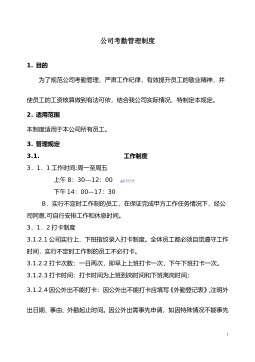
 2024-11-29 9
2024-11-29 9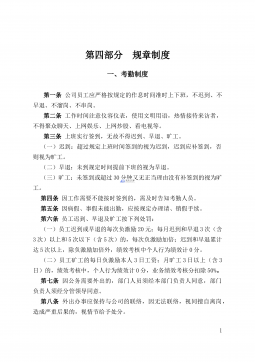
 2024-11-29 10
2024-11-29 10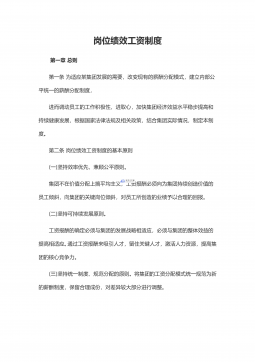
 2024-11-29 10
2024-11-29 10
 2024-11-29 11
2024-11-29 11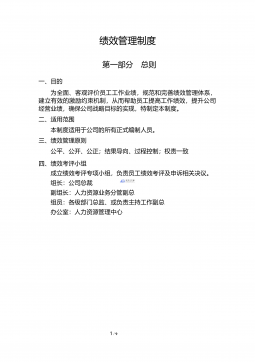
 2024-11-29 12
2024-11-29 12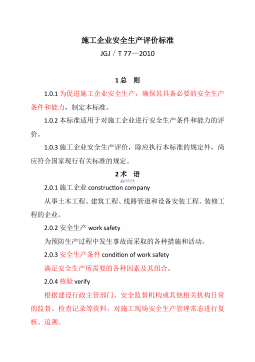
 2024-12-14 191
2024-12-14 191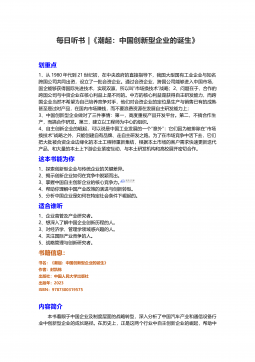
 2024-12-14 59
2024-12-14 59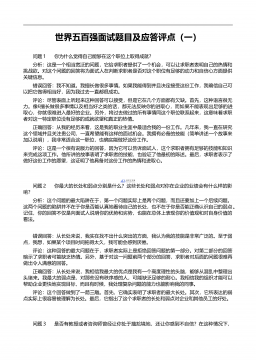
 2024-12-15 67
2024-12-15 67
 2025-01-13 134
2025-01-13 134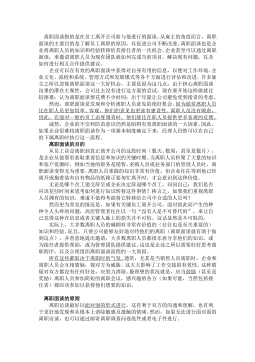
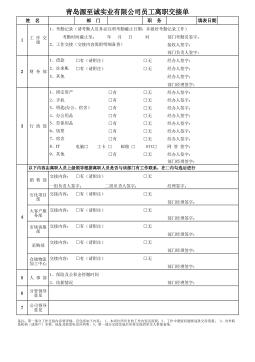

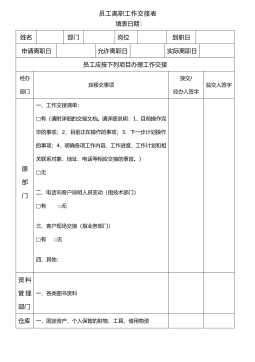
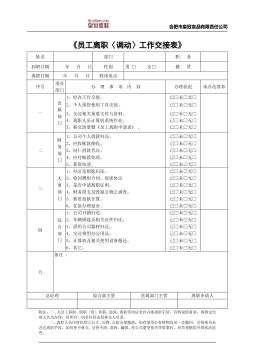



 渝公网安备50010702506394
渝公网安备50010702506394
